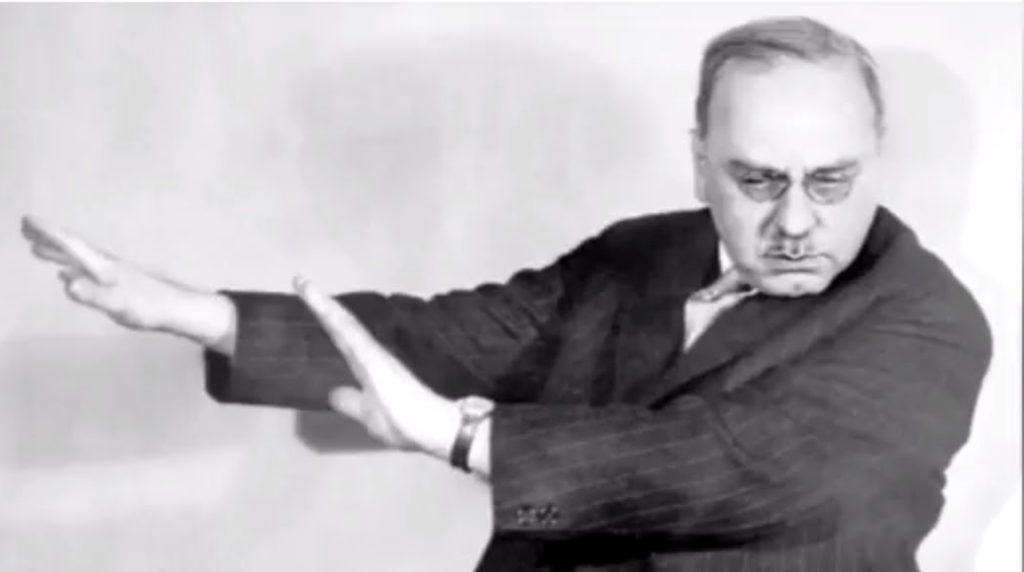Alfred Adler was born in the suburbs of Vienna on February 7, 1870 into a Jewish family, and died in Aberdeen, Scotland in 1937 while he was traveling around giving lectures. He earned his doctorate in 1895 from the University of Vienna. He is the second of six children.
Growing up in an environment where people have all kinds of backgrounds, Adler spent his childhood playing with his peers including Jewish and Gentile children, both middle and lower class. Seems like a long journey with various social aspects of personality that are sourced from his experiences from the start.
About personality theory
There are four people who have been instrumental in completing psychoanalytic theory or personality with the views of social psychology in the twentieth century, namely Alfred Adler, Karen Horney, Erich Fromm, and Harry Stack Sullivan. but considering the capacity of the place without reducing the level of balance between reading places and the common thread of each view,
On this occasion, Alfred Adler‘s view will be described which may be considered the father of the “new social psychology” because since 1911 he had parted with Freud because of problems regarding the theory of sexuality, and began to develop a theory in which social interest and the struggle for superiority became the two pillars. its most important concept.
Horney and Fromm vigorously resisted psychoanalysis that was too instinctual and maintained the relevance of social psychology variables to personality theory. Harry Stack Sullivan in his theory of interpersonal relationships confirmed the establishment of a personality theory based on social processes.
Although each theory has its own views and concepts, there are many similarities between them as has been stated by various authors (James, 1947; Ansbacher, 1956).
Alfred Adler’s theory of Personality
According to Adler, living things are a social unit that cannot be separated. They connect themselves with others around them in social cooperation efforts, place the general welfare above their own desires, and get a more powerful lifestyle in social organization.
Adler has a great contribution to thinking, namely, first, the emphasis on social determinants of behavior, second, the concept of being creative, and third, the emphasis on the characteristics of each personality.
Adler developed the main points so that they became a special feature of Adlerian thought, namely:
- Fictional finalism (Life Purpose)
- Self drive
- Feelings of inferiority
- Social push
- Lifestyle
- creative power
Alfred Adler’s Principles of Personality Theory assumes that individuals and their problems in life are always social, such as feeling together with other people and caring about the welfare of that person.
Alfred Adler’s Theory of Personality Principles
There are seven principles in Alfred Adler’s theory of personality. The seven principles of Alfred Adler’s Personality Theory explain how Adler views individual psychological conditions.
1. Principles of low self-esteem theory of personality
Adler believed that humans are born with feelings of inferiority. This feeling of inferiority stems from children who are unable to perform adult actions. In principle, individuals want to compete with the strengths and abilities of others.
If at this stage, the individual feels weak and lacking in achieving the above abilities, there will be a sense of inferiority in the next stage of development. Each individual tries to compensate for his weakness in every way. Compensation is determined by lifestyle and efforts to achieve perfection (superior).
2. Principles of superior personality theory
Superior is defined as an effort to achieve self-strength. Adler thought that humans are aggressive creatures and must always be aggressive if you want to achieve success. Humans desire power and expect perfection.
This drive to be superior is universal and knows no bounds. However, being superior does not always have to be in competition with others, but an attempt to leave a sense of inferiority behind.
3. Principles of lifestyle personality theory
Individual efforts to achieve superiority require certain ways which are known as lifestyles. Lifestyle consists of impulses from within that regulate the direction of behavior and encouragement from the environment. Encouragement from the environment may be able to increase or hinder the direction of the impulse from within.
Humans have sufficient power although not completely free to regulate their own lives naturally. No human lifestyle is identical and often determines the quality of interpretation of all experiences encountered.
4. Principles of creative self-personality theory
The creative self is the prime mover of behavior. That is to create something new that is different from before. The creative self is a means that processes the facts of the world and transforms these facts into a personality that is subjective, dynamic, unified, personal, and unique because individuals create themselves.
5. Principles of self-conscious personality theory
Consciousness is the core of individual personality. Man is aware of everything he does. He can plan and direct behavior toward goals that he consciously chooses. The conscious mind is whatever the individual understands and accepts in helping the struggle to be successful and superior.
6. Principles of quasi-purpose personality theory
The past is important but what is more important is the future, namely the plans that individuals will do. Human end goals do not show tangible results will be realized, but only pseudo devices.
This goal is false because it is made so ideal to be fought that it may not be realized. The purpose of all this is separated from the lifestyle. False goals contain hopes that drive the power of human behavior.
7. Principles of social interest personality theory
Humans are born with the gift of universal social interest. This need is manifested in communication with other people. This process takes a lot of time and continuous effort. Individuals are directed to maintain and strengthen feelings of social interest by increasing concern for others through empathy and communication.
That’s what the author can convey, hopefully it is useful and can be understood easily, see you in the next article, thank you.

